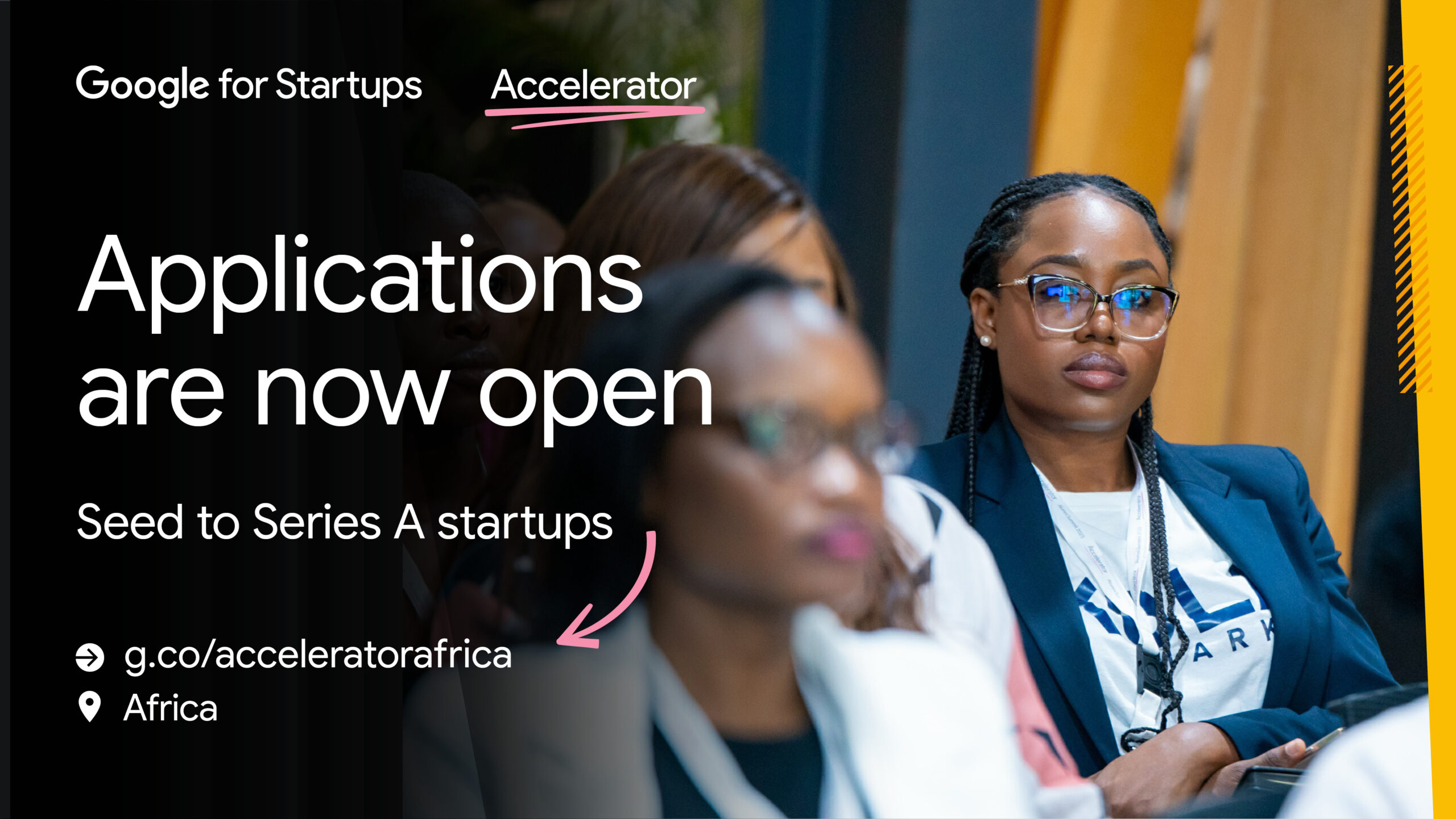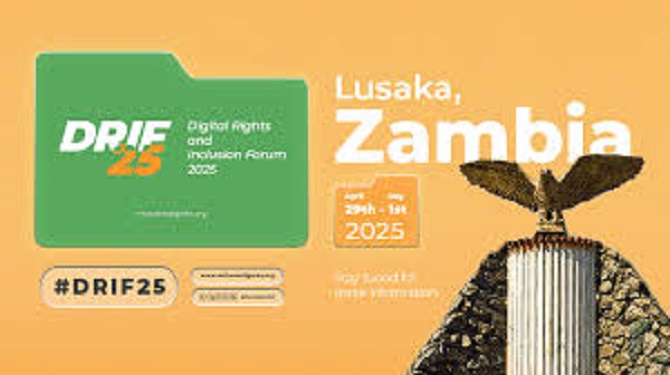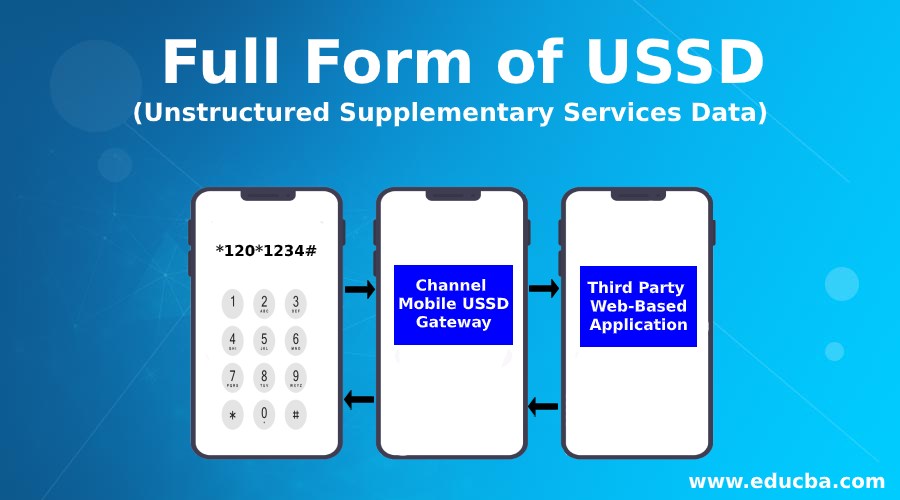Telecom
FG Generates $547M from 5G Spectrum Auction

President Muhammadu Buhari has commended the auctioning of the 5G spectrum, which generated 547 million dollars. The president attributed the feat to the digital economy, which had driven growth, created employment and generated revenue for the country.

The president said this at the National Shared Services Centre, a one-stop-shop for Ministries, Departments and Agencies to (MDAs) interface with citizens, which also houses a Cyber Security Operations Centre, Network Centre and Call Centre in Abuja on Tuesday.
According to the president, the National Shared Services Centre will provide services that are “swift, secure and seamless’’. Buhari noted that the Information, Communication and Technology Sector (ICT) had accelerated diversification of the economy.
He said the Q2 Gross Domestic Product Report by the National Bureau of Statistics showed the extent of growth, with the ICT contributing an unprecedented 18.44 per cent to the GDP, close to three times the 6.33 per cent contribution of the oil sector in the same quarter.
“As part of our efforts to expand our digital infrastructure; we increased our 4G base stations from 13,823 to 36,751 from August 2019 to date, and this has increased the percentage of 4G coverage across the country from 23 per cent to 77.52 per cent also from August 2019 to date.
”We have also followed this up with roll-out of 5G services. It is noteworthy that the digital economy sector has excelled in generating revenue for the government.
”In particular, at the Ministerial Retreat that I chaired from the Oct. 18 to Oct. 19, 2022, our independent analysts adjudged the digital economy sector to have generated 594 per cent of its revenue target from the 2019 baseline”This is very commendable. As part of these unprecedented achievements, the sector generated over 547 million dollars from the auctioning of the 5G spectrum alone,’’ he said.
Buhari said he was pleased to unveil and commission a number of initiatives that further express the government’s commitment to develop a sustainable digital economy in Nigeria.
“These initiatives are part of our administration’s efforts to position the digital economy as a key enabler for the diversification of our economy and as a catalyst for the transformation of every sector of our economy.
“You will recall that I unveiled and launched the National Digital Economy Policy and Strategy for a Digital Nigeria on the 28th of November, 2019 and I am very proud of the giant strides and the unprecedented progress that we have made in in less than one year since the unveiling.
“To ensure that the digital economy sector remains successful and in order to reduce the burden on citizens, I recently approved the suspension of the proposed excise duty in the telecoms sector, as any initiative that will lead to hardship for the citizens would not be pursued,’’ the president said.
Buhari said the digital economy ensured continuity in governance during the restrictions that came into force as a result of the COVID-19 pandemic.
“We approved the National Policy on Virtual Engagements for Federal Public Institutions on the Oct. 14, 2020 and this enabled us to formalise government online meetings.
”As such statutory meetings like the Federal Executive Council meetings, Council of State meetings and other meetings can now take place online, effectively and legally.
“Our administration’s commitment to promoting data promotion and privacy is receiving praise across the world and we have increased our digital identity enrolments from 39 million in October 2020 to about 92 million today.
“The massive increase of about 63 million in about two years is a global success story and has led to several requests for partnership from countries within and outside Africa.
”I also approved the establishment of the Nigeria Data Protection Bureau on the Feb. 14, to provide an institutional framework for data protection in Nigeria, in line with global best practices,” the president told the gathering of ICT experts and government officials.
He said a number of policies and programmes to enhance the productivity of the digital economy sector had been developed.
According to him, the National Policy on NIN-SIM integration has enhanced the integrity of the National Identification Number database.
”Similarly, the Nigerian Postal Service has been repositioned through the unbundling of its services to increase its efficiency and make it more viable as a revenue generating agency of government.
”The two subsidiaries are the Property & Development Company and the Transport & Logistics Company.
“As part of the NDEPS, I approved the Oct. 24 as the Digital Nigeria Day. I am delighted that the maiden Digital Nigeria International Conference and Exhibitions commenced on the 24th of October 2022.
”I am confident that the outcome of the conference as noted in the communiqué will support the growth of the digital economy sector. I signed the Nigeria Start-up Bill into law on the Oct. 19 2022,” he said.
According to him, the Nigeria Start-up Act is a landmark legislation of this administration to transform the pool of highly talented youth in the country into a pool of highly innovative digital entrepreneurs.
”We aim to make Nigeria a global hub for digital talent. It was an executive bill that was initiated by the Honourable Minister of Communications and Digital Economy,” he added.
Buhari also noted partnerships with leading global ICT companies to train Nigerians in cutting edge and high demand digital skills.
“This includes the training of five million Nigerians as part of a partnership with Microsoft Corporation.
”It also includes the training of an additional one million Nigerians in skills in areas such as block chain technologies, cyber security and data analytics, among others,” he stated.
Buhari commended the giant strides made by the digital economy sector under the Minister of Communications and Digital Economy and other stakeholders, describing it as impressive.
In his remarks, Minister of Communication and Digital Economy, Isa Ali Pantami appreciated the President for his support for the digital economy.
He noted that the economy had witnessed turnovers in broadband/Internet penetration, skills acquisition for global competitiveness and infrastructure development, like the fiber optic cable, which was about 15,000kms in 2015, and increased to more than 60,000kms.
Pantami said there had been 2,255 interventions and programmes in the higher institutions of learning, secondary schools, and some private schools, and the quarterly revenue from ICT rose from N51 billion to N418 billion.
He added that some prominent institutions like the Massachusetts Institute of Technology, U.S., had shown interest in researching the pace of growth in the sector.
The minister listed many policy interventions that had directly impacted on governance, institutions, markets and citizens, assuring that the ICT would enhance the process of diversifying the economy.
Prof. Muhammed Abubakar, the Managing Director/Chief Executive Officer of the Galaxy Backbone, said 400 MDAs Agencies were already connected to the National Shared Services Centre.
At the close of the event, two young Nigerians, Kalim Haruna, who developed a system called “Sharp-Sharp’’ and Bashir Abubakar, founder of “Africa First’’, were honoured by the president for their creativity and ingenuity, and showcasing the nation’s talent in a global ICT conference.
Telecom
Google Launches 2025 AI Startups Accelerator Program for African Innovators

Google has opened applications for the 2025 Google for Startups Accelerator Africa program, a three-month initiative designed to support early-stage startups using artificial intelligence to address Africa’s most pressing challenges.

Across the continent, startups are demonstrating how local innovation can solve deeply rooted problems. In West Africa, Crop2Cash – an agritech platform and alumni of the program – is using AI to digitally onboard smallholder farmers, build their financial identities, and provide them with access to credit, traceable payments, and productivity tools.
Through these efforts, Crop2Cash is improving agricultural outcomes and unlocking economic opportunity for farmers who have long been excluded from formal systems—illustrating the kind of impact that’s possible when African startups receive the support they need to scale.
The Accelerator is open to Seed to Series A startups based in Africa that are building AI-first solutions. Startups must have a live product, at least one founder of African descent, and a clear vision for responsible AI innovation. Selected participants will receive:
Dedicated technical mentorship from Google and industry experts
Up to $350,000 in Google Cloud credits
Access to a global network of investors, partners, and collaborators
Workshops focused on technology, product strategy, people leadership, and AI implementation
AI’s potential to accelerate Africa’s development is real, and Google is investing in ensuring that African startups lead that charge. According to McKinsey, AI could add $1.3 trillion to Africa’s economy by 2030, but only if bold innovation is supported at the grassroots.
“Startups are Africa’s problem solvers. With the right resources, they can scale their impact far beyond local communities,” said Folarin Aiyegbusi, Head of Startup Ecosystem, Africa at Google.
“This program reflects our belief that AI can be transformative when shaped by those who understand the context deeply.”
Since 2018, the program has supported 140 startups from 17 African countries. These alumni have raised more than $300 million in funding and created over 3,000 jobs. Many are now regional and global leaders in their categories.
Applications for the 2025 cohort are now open. Startups interested in participating can apply at: https://startup.google.com/programs/accelerator/africa
For further information and updates, visit the Google Africa Blog or follow @GoogleAfrica on social media.
Telecom
DRIF25 Brings Together 1,000 Delegates in Lusaka

The Digital Rights and Inclusion Forum (DRIF25) is all set for its 12th edition, taking place from April 29th to May 1st, 2025, at the Mulungushi International Conference Centre in Lusaka, Zambia.

Over 1,000 delegates from 65 countries are expected to attend this highly anticipated event, with registration officially closed on April 13th, 2025.
The forum will feature esteemed speakers, including Zambia’s Minister of Technology and Science, Hon. Felix Mutati; Advocate Pansy Tlakula, Chairperson of the Information Regulator of South Africa; and ‘Gbenga Sesan, Executive Director at Paradigm Initiative.
Other notable contributors include Usama Khilji, Executive Director of Bolo Bhi, and Beatrice Mutali, the UN Resident Coordinator for Zambia.
Organized by Paradigm Initiative (PIN) with support from local and international partners such as Bloggers of Zambia, Internet Society Zambia, and the Zambia Ministry of Technology and Science, DRIF25 will focus on the theme: Promoting Digital Ubuntu in Approaches to Technology.
Discussions will tackle critical issues such as Artificial Intelligence, Data Protection, Digital Inclusion, and Human Rights.
The three-day forum will include 122 sessions, ranging from workshops and panel discussions to tech demos and exhibitions.
These were selected from a record-breaking 345 proposals, continuing the forum’s growth over recent years. Sponsors like Ford Foundation, Meta, Google, and Wikimedia Foundation play a crucial role in making the event possible.
PIN is set to unveil key publications during the event, including the 2024 Digital Rights and Inclusion in Africa Report – Londa and the organization’s book, The PIN Story: Work in Progress, chronicling its journey from a small cybercafe in Lagos, Nigeria, to a leading pan-African digital rights organization.
As one of the continent’s premier platforms for advancing digital rights and inclusion, DRIF25 promises to build on the success of previous editions, driving dialogue and collaboration among diverse stakeholders.
Telecom
Banks, Telcos Mull New Billing Plans for USSD Airtime Payments

Telecom customers will have to pay for the use of Unstructured Supplementary Service Data (USSD) by having their airtime deducted, according to an information obtained by the Guardian.

According to reports, discussions to implement an end-user billing system between telecom providers and deposit money banks (DMBs) are presently in advanced stages.
A system that charges the client directly for utilizing the USSD service instead of the service provider is known as end-user billing.
This implies that, independent of any further fees the bank may impose, the customer’s mobile account (airtime or direct billing) is deducted for the USSD session.
This is a shift from the conventional corporate billing approach where banks were invoiced for USSD usage.
Gbenga Adebayo, chairman, Association of Licensed Telecommunications Operators of Nigeria (ALTON), said to The Guardian that conversations are underway, and the mechanisms are being fine-tuned to suit subscribers, telcos and DMBs.
r billing, which the banks have been supporting for a while, may help prevent accumulated debts, as seen by the current crisis between the banks and telecom providers, according to Adebayo.
Therefore, we have started talking about switching to end-user paying without causing customers’ services to stop working.
The banks now charge you and debit your account when you make USSD (Debit alert for the transfer). Banks won’t debit you again after the talks are over; instead, your airtime will be used immediately. The funds will be deducted from your airtime rather than your account by the banks.
“The discussion has begun; we will work with the banks to agree on a migration plan. The banks have long been demanding a solution to the USSD debt problem, and this will be it. In order to prevent consumers from being charged for services they did not receive, the parties must nevertheless agree that systems must be updated and operations must be transparent.
“The discussion is underway,” he said.
Recall that on September 16, 2019, the Bank Chiefs wrote to ALTON on behalf of the Body of Banks’ Chief Executive Officers (BOBCEO) proposing a “orderly implementation” of end-user charging for bank clients that would “align with the standard practice for USSD billing.”
The bank executives expressed disapproval of splitting the profits from USSD transactions with the telcos in the note to ALTON.
They stated that the service providers, who supply the platform for the USSD service, had suggested deducting N4.50k per 20 seconds from the fees that clients pay the banks. The banks objected, claiming that it would increase the cost by 45% immediately.
However, the dynamics, especially the underlying technology, made the concept unpopular with the telcos at the time.
Instead, the carriers had demanded corporate billing. According to the telecoms, the banks declined to attend a roundtable in 2020 to address the issue and put a definitive stop to it.
As a result, the USSD obligations that are presently being recovered from were greatly exacerbated by the matter’s failure to be resolved five years ago. Since March 16, 2021, subscribers have been charged N6.98K for each USSD transaction.
The authorities instructed DMBs and MNOs to agree on payment options, either a lump amount or instalments, by January 2, 2025, in a circular jointly issued by the Central Bank of Nigeria (CBN) and NCC.
They stated that the payments must be finished by July 2, 2025, if they are chosen.
It is required that 60% of all pre-API bills be paid in full and as a final settlement. By January 2, 2025, a concerned DMB and MNO must agree on payment options (lump amount or instalments).
To be clear, if a DMB suggests instalment payment, it must be based on equal monthly instalments, and the money must be paid by July 2 at the latest.
Just to be clear, if a DMB suggests instalment payment, it must be based on equal monthly instalments, and the money must be paid by July 2 at the latest.
In accordance with past decisions made by the CBN and the NCC, DMBs are required to settle eighty-five percent (85%) of all unpaid invoices between the relevant DMB and MNO (also known as post-API debts) by December 31, 2024, following the implementation of Application Programming Interfaces (API) in February 2022.
Additionally, within a month of the invoice being served, 85% of all subsequent invoices must be paid off.
The NCC will initiate the required regulatory procedures to switch back to End-User Billing (EUB), provided that the directions in Paragraphs 1 and 2 above are satisfactorily implemented and that the agreement between DMBs and MNOs for the switch to EUB is furthered.
Only MNOs and DMBs that fully adhere to the aforementioned paragraphs 1 and 2 will be permitted to switch to EUB. In due order, the CBN and the NCC will offer guidelines on public education initiatives related to the changeover. MNOs are required to implement the “10-second rule” for USSD invoicing until the transitional procedures in paragraph 3 above are finalized.
Thus, any USSD session that lasts less than 10 seconds is not eligible for billing. “DMBs with prepaid billing options have the opportunity to migrate to EUB, subject to the execution of the required regulatory processes,” the authorities added.

 General News3 days ago
General News3 days agoWorld Bank Announces $800m Support for Nigeria’s CCT Initiative

 Telecom2 days ago
Telecom2 days agoBanks, Telcos Mull New Billing Plans for USSD Airtime Payments

 E-Financial3 days ago
E-Financial3 days agoFour Red Flags Nigerians Ignored until CBEX Crashed- DUBAWA

 E-Business2 days ago
E-Business2 days agoNIPOST in Intensive Care, Needs Reforms Need to – Kekemeke

 Telecom3 days ago
Telecom3 days agoHow Starlink Took over Africa’s Largest Internet Market
- General News3 days ago
MIT MBA Students Explore Digital Innovation at MTN Nigeria

 E-Financial2 days ago
E-Financial2 days agoLeadway Partners Firm to Launch Retail Insurance Product for Women

 News2 days ago
News2 days agoDG NITDA Urges Foreign Investors to Tap into Nigeria’s Digital Future
























